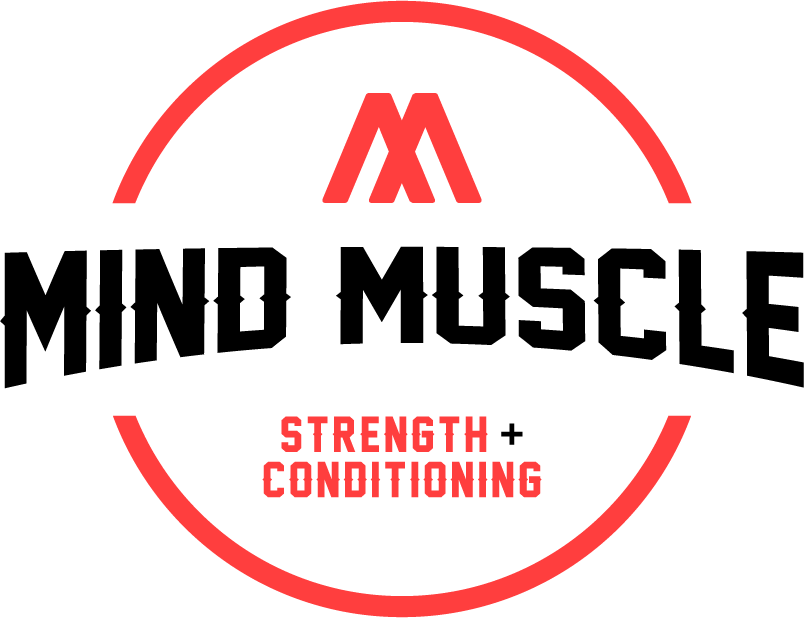Is Sugar As Addictive As Cocaine And Heroin?
MODULE 4 Foundations of Evidence-Based Nutrition
Unit 3 - The Role Of Carbohydrates In Health And Performance
Some crazy ideas exist in the world of nutrition. And sugar being as addictive as cocaine and heroin has to be up there with the craziest.
Straight out of the gates, let's dispel this one with some science.
The idea that sugar has Class A drug addictive properties comes from animal research. Here's what I mean...
"When you look at animal studies comparing sugar to cocaine...even when you get the rats hooked on IV cocaine, once you introduce sugar, almost all of them switch to the sugar." (James DiNicolantonio, cardiovascular research scientist at St. Luke's Mid-America Heart Institute in Kansas City, Mo) (Full Article Link)
However, there is no credible evidence in humans that this is the case.
"There is no support from the human literature for the hypothesis that sucrose may be physically addictive or that addiction to sugar plays a role in eating disorders. (Benton, 2010) (PubMed Link)
In reality, the likelihood is that refined sugar makes food taste better.
And it's this highly palatable food, inherently higher in calories and less filling that results in overeating.
Additionally, these highly palatable foods, which contain a mix of carbohydrates and fat, send increased dopamine signals to the brain, resulting in stronger cravings.
However, this is not on the same level as Class A drugs AND is not exclusive to carbohydrate and sugar consumption.
In fact, dopamine responses are triggered through the consumption of foods containing protein, carbohydrate, fat, salt, and glutamine.
So sugar isn't the bad guy here.
For more information on how the brain is involved in cravings, read his book, The Hungry Brain, which you can find here.
